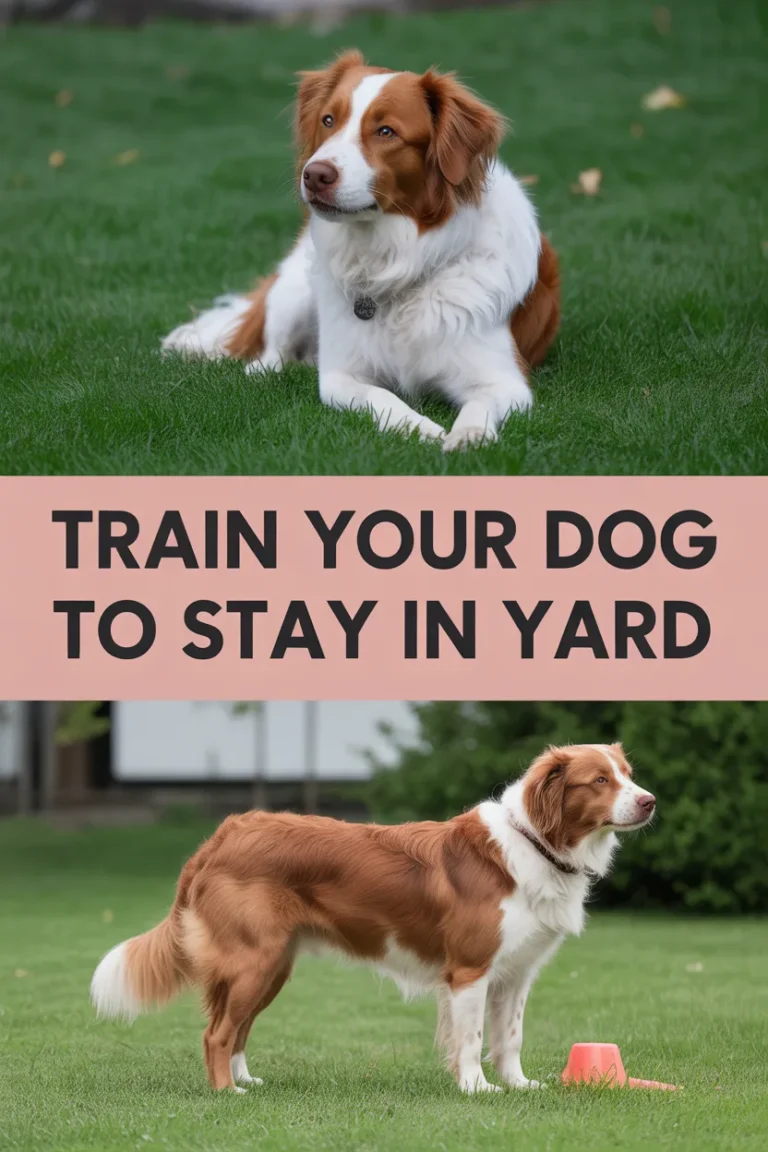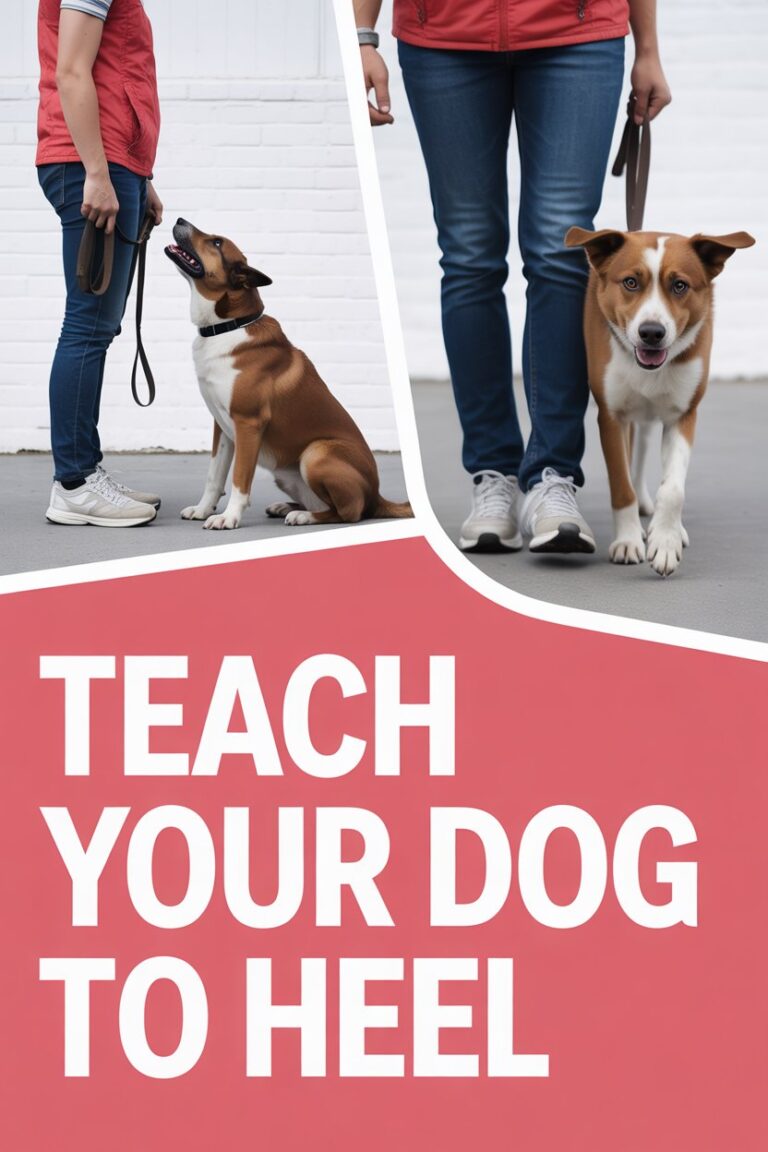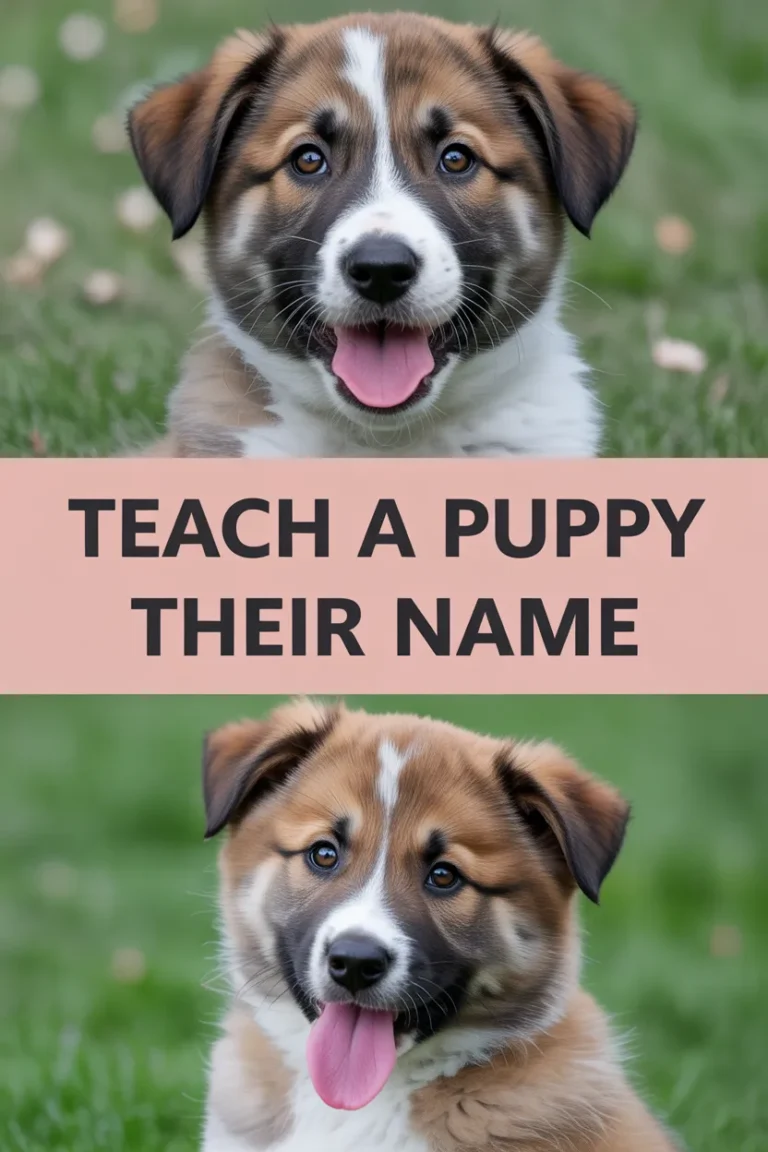Dog Biting When Playing: Understanding and Stopping Rough Play
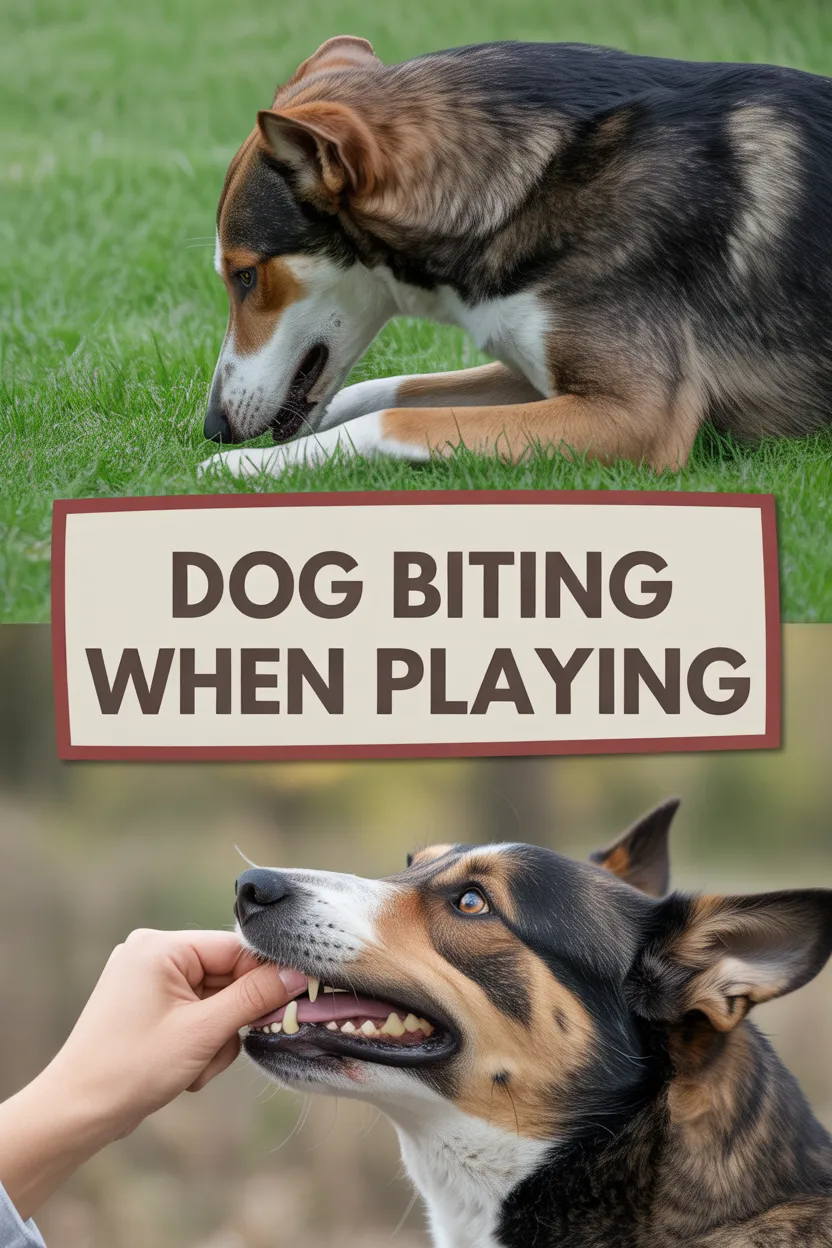
Few things bring joy like playing with your dog — the wagging tails, happy zoomies, and shared laughter. But sometimes, those playful moments can leave you with sore hands or scratches. If your dog is biting when playing, it’s normal, but it’s also a behavior you’ll want to guide in a safe direction.
The good news is that this habit is common, especially in puppies, and with patience and training, you can teach your dog to play gently.
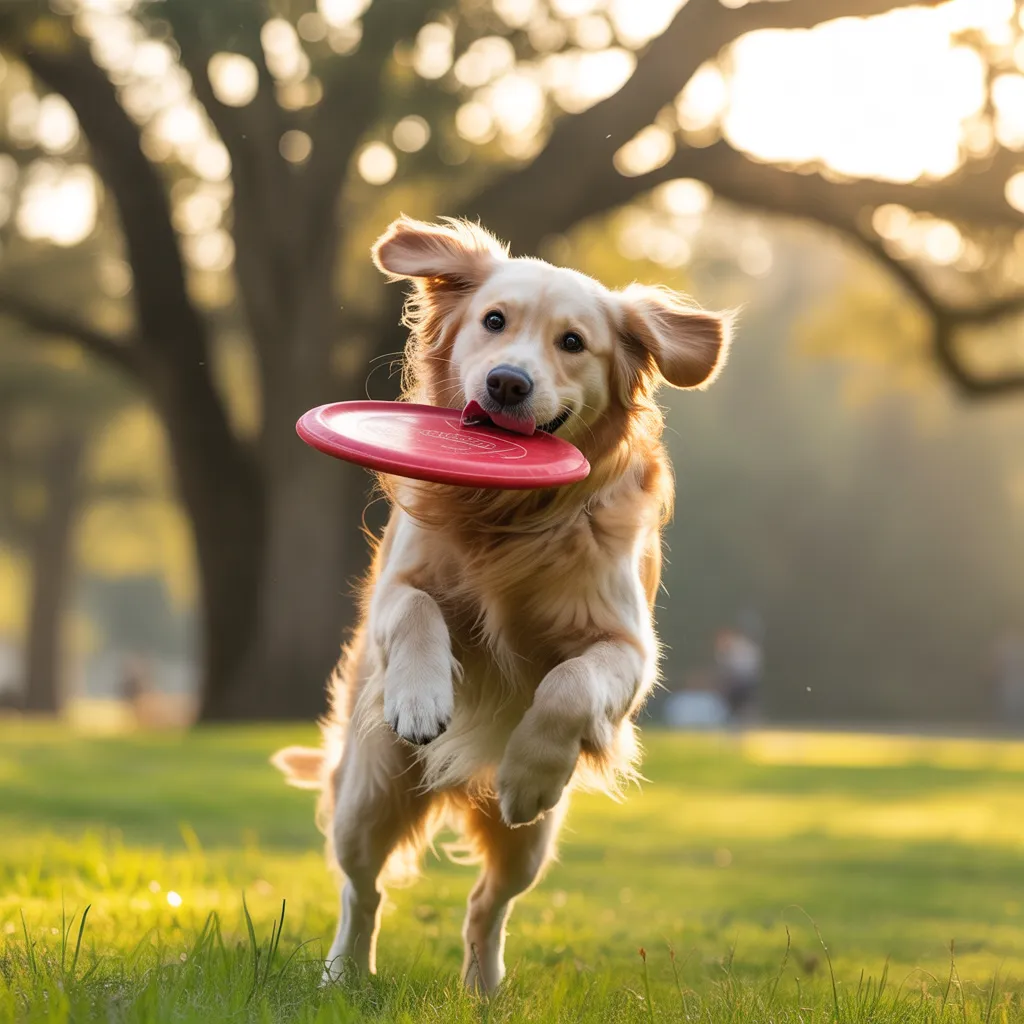
1. Why Does My Dog Bite During Play?
When you notice your dog biting when playing, it doesn’t always mean aggression. Dogs use their mouths to explore and communicate. Here are common reasons:
- Puppy Teething: Young pups chew and bite to soothe sore gums.
- Learning Bite Inhibition: Dogs experiment with bite pressure until they’re taught limits.
- Excitement: Overstimulation during rough play leads to mouthing.
- Attention-Seeking: Some dogs nip because they know it gets a reaction.
Understanding these causes helps you respond with love, not frustration.
2. Is It Dangerous?
Most cases of dog biting when playing are harmless, but without correction, it can become a habit that scares or hurts family and guests. Teaching bite control early prevents future problems, especially for larger breeds.
3. How to Stop Dog Biting When Playing
Training your pup to play nicely is all about patience and consistency.
Teach “Ouch” Feedback
When your dog bites too hard, say “Ouch!” in a calm but firm tone and stop play immediately. This mimics how puppies yelp to teach bite limits.
Redirect to Toys
If your dog biting when playing becomes too rough, hand them a chew toy instead. This teaches them what’s okay to bite.
Reward Gentle Play
Praise, treats, and extra playtime reinforce good behavior. Dogs learn quickly when gentle play = more fun.
End Play if Needed
If nipping continues, stop the game and walk away. This shows your dog that biting makes the fun disappear.
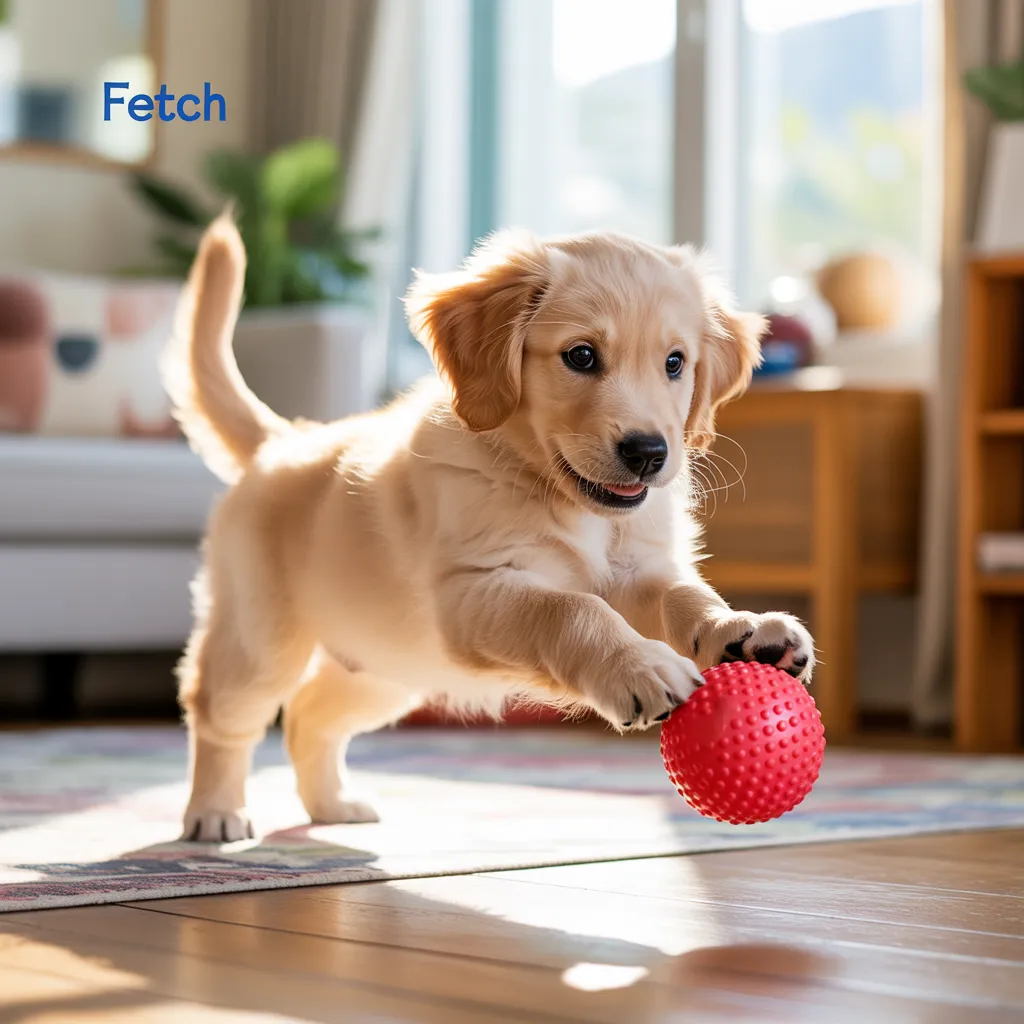
4. Extra Tips for Puppies
- Offer teething toys to relieve sore gums.
- Keep play sessions short to avoid overstimulation.
- Let them socialize with other dogs — canine playmates naturally teach bite inhibition.
5. When to Seek Professional Help
If your dog biting when playing seems aggressive, happens outside of play, or worsens with age, it may be time to consult a trainer or vet. Underlying anxiety, pain, or fear can sometimes show up as biting behavior.
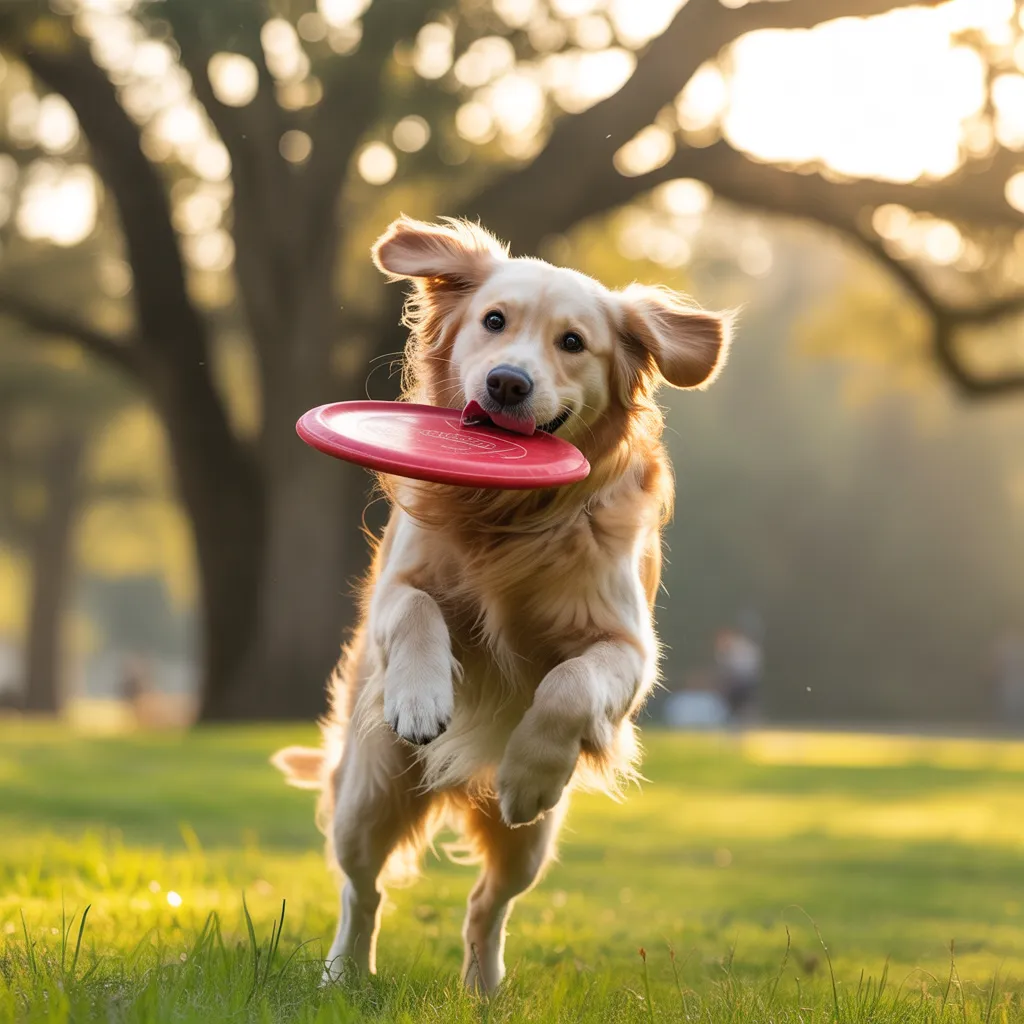
Final Thoughts
Seeing your dog biting when playing can feel worrying, but remember — it’s often just their way of learning and exploring. With consistent training, redirection, and lots of love, you can teach your pup to enjoy playtime without nipping.
Every moment of guidance builds trust. And soon, those playful sessions will be filled with joy, laughter, and gentle cuddles instead of bites. 🐶❤️


